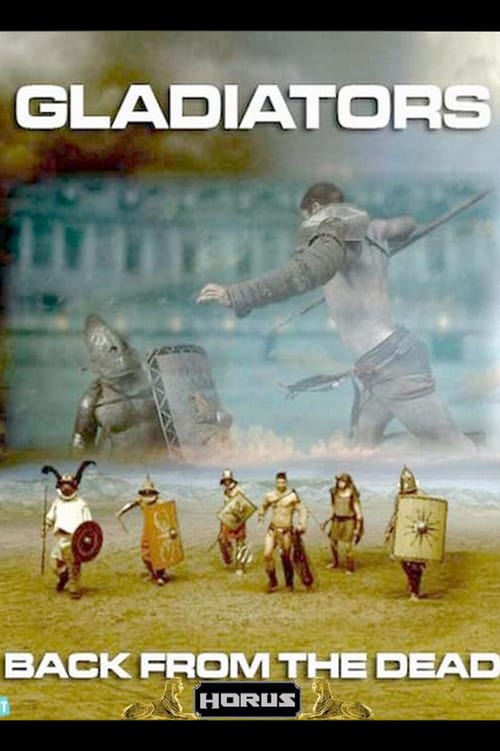

Up to one million gladiators are thought to have died in arenas across the Roman Empire. And, although fascination with gladiators has been high, the details of their lives and deaths remain fragmentary. Now, with the discovery of an ancient Roman burial site containing 80 skeletons thought to be gladiator warriors, National Geographic recreates the world of the Roman arena and how six gladiators lived, fought and died.
No Trailers found.


